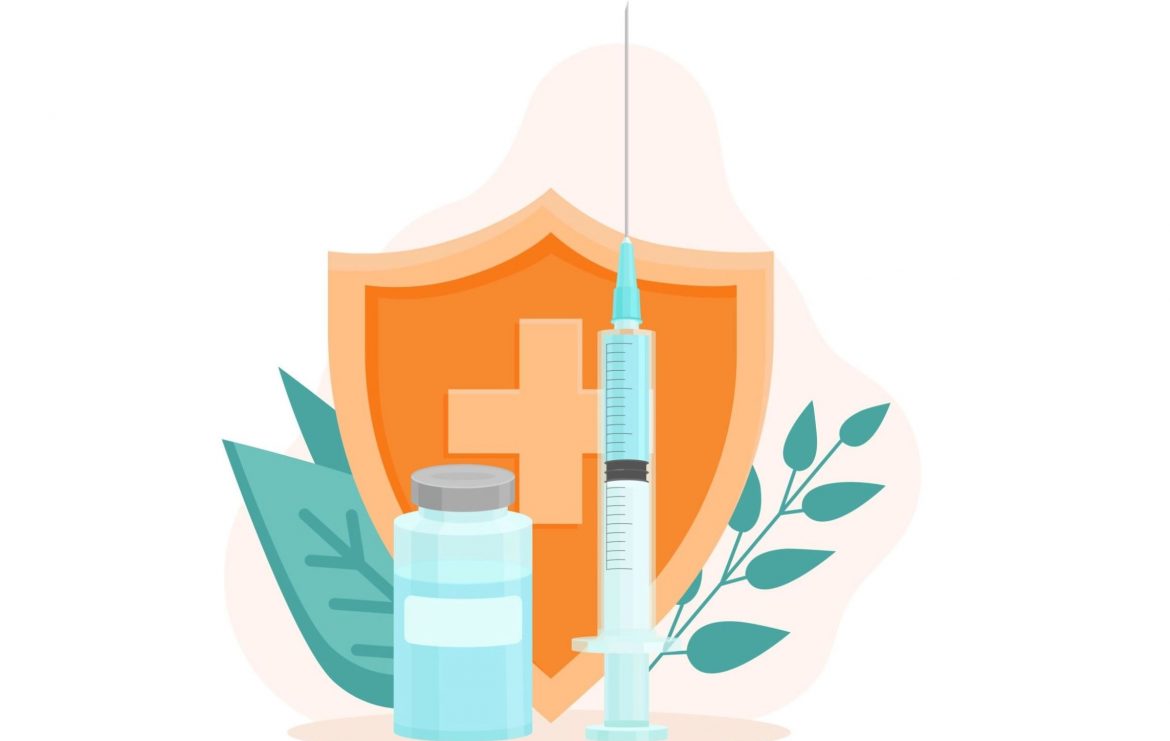The World Health Organization (WHO) defines health security as: “The preemptive and reactive activities required to reduce the risk and impact of public health incidents that endanger the health of populations inhabiting geographical areas and international borders.”
The concept of health security
Health security is a term or framework for public health issues which includes the commitment of governments worldwide to the responsibility of protecting the health of their national populations from external health threats, such as pandemics.
The term “health security” or “health sovereignty” officially entered international circulation in 1994, when human security was comprehensively defined, covering major categories including economic, food, health, environmental, personal, societal, and political security.
Despite the widespread popularity of this term, its definition and scope remained underdeveloped.
The importance of health security
The world faced a historical shift in health security in the 21st century, which entailed significant developments represented by the growing risks of disease outbreaks and epidemics, industrial accidents, natural disasters and other health emergencies, which all threaten to rapidly turn into security threats around the world.
As new security challenges emerge as a result of the increase in global infectious disease vulnerability, a greater need for global commitment and cooperation on public health became apparent as diseases, pandemics and other health emergencies became a growing source of concern for global policymakers and governments, given their dire consequences for the health of the population and repercussions on social life and impeding economic activity and other sectors vital for development such as tourism, education, transportation and others.
Fields and components of health security
Emerging infectious diseases:
These are emerging diseases that appear in populations for the first time or preexisting diseases that have a rapidly growing incidence or geographic extent, causing economic repercussions that go beyond their immediate health costs and may impede trade and travel or cause general panic.
Chemical accidents and radiological hazards
This category includes the most prominent risks facing global health security, whether in conflict areas or regarding incidents involving nuclear power plants, as well as the random destruction of petrochemical waste that can lead to environmental and humanitarian disasters.
Violence, conflicts and humanitarian emergencies
Wars, terrorist attacks, natural disasters (such as floods, earthquakes, and volcanoes) and climate change constitute some of the most important threats to global health and one of the most important links between health security and human security.
Food insecurity
Food insecurity is considered one of the most serious problems in the public health sector, as low-income countries face the threat of hunger, malnutrition, chronic disease, and anaemia.
In the past, the main concerns regarding food security were related to access to food, lack of supplies, hunger and quality of sanitation services, however, the primary focus now is health, ie the quality of the food, while richer industrialized countries focus on the issue of sustainability as a strategic field related to national security.
The link between health and national security
State security is not achieved through military capabilities alone but through other sources of power such as economic, political, cultural, and health capabilities.
Currently, the world is witnessing an important development in the concept of national security, as the Covid-19 pandemic has accelerated the international race to strengthen what has become known as “health sovereignty”, transforming the health sector from a public service to a component of strategic security.
This tendency to link the health sector with the security field was imposed by a political context that emerged in the 1990s, as the Sarin gas attack in 1995 and the weaponisation of anthrax spores in 2001 made policymakers in industrialized countries realize that their populations are vulnerable to chemical and biological weapons.
We face a new era that will include the development of the concept of national security, and focus on health as an essential component of this concept.
Furthermore, the post-pandemic era will be characterized by a great interest in supporting the medical sector, which is already suffering from a shortage of the necessary personnel and capabilities to develop it in many countries, which contributed to the spread of this pandemic and the death and infection of millions.
This era will also be characterised by the major efforts of different countries to fortify their national security in the face of the threat of biological warfare.
How the pandemic helped shape the vital role of the health sector
The global pandemic forced governments to prioritise the health sector in their national security agenda after it became clear that the world was ill-equipped to confront this epidemic.
Furthermore, the global crisis played a major role in reaffirming the vital role of medical personnel as the first line of defence for all societies, which led to the concept of the “white army”, as medical personnel lead this fight with valour as brave soldiers do on the battlefields.
The Post pandemic era
National security, as a concept and policy, is one of the most critical fields that are likely to see radical changes in the coming period, especially after the fragility of the health security system was exposed in many developed countries that seemed incapable of dealing with this virus and containing its rapid spread.
Therefore, the post-pandemic era may lead to a major review of the concept of national security to restore focus to human security in its comprehensive concept, which includes the security of the individual, society, and the state together, placing health security at the forefront of national security policy priorities.
Furthermore, it is important to formulate a comprehensive vision of how to develop the necessary programs to deal with these challenges, adopt multidisciplinary approaches and provide essential resources to implement effective health measures, in addition to initiatives to develop disease detection and prevention methods, and to deal with infectious diseases through monitoring public health and partnerships between countries.
The world truly realized that we live in a small village, in which diseases and epidemics can spread easily and rapidly, and we cannot face the current threats without effective international cooperation and solidarity as well as the support of health international institutions and organizations.
Finally, we recall the words of His Highness Sheikh Mohammed bin Rashid Al Maktoum, Vice President and Prime Minister of the UAE and Ruler of Dubai, “God bless him”: “The world has been arguing for years… Who leads the other politics or the economy? Which is the cart and which is the horse? But in the era of Covid, we found that health carries both the cart and the horse, leading them wherever it wants, and politics and the economy are dwarfed by a virus that makes the world’s most brilliant minds afraid and confused”.
By: Dr. Badreyya Al-Harmi, Consultant Public Health, Emirates Public Health Association













